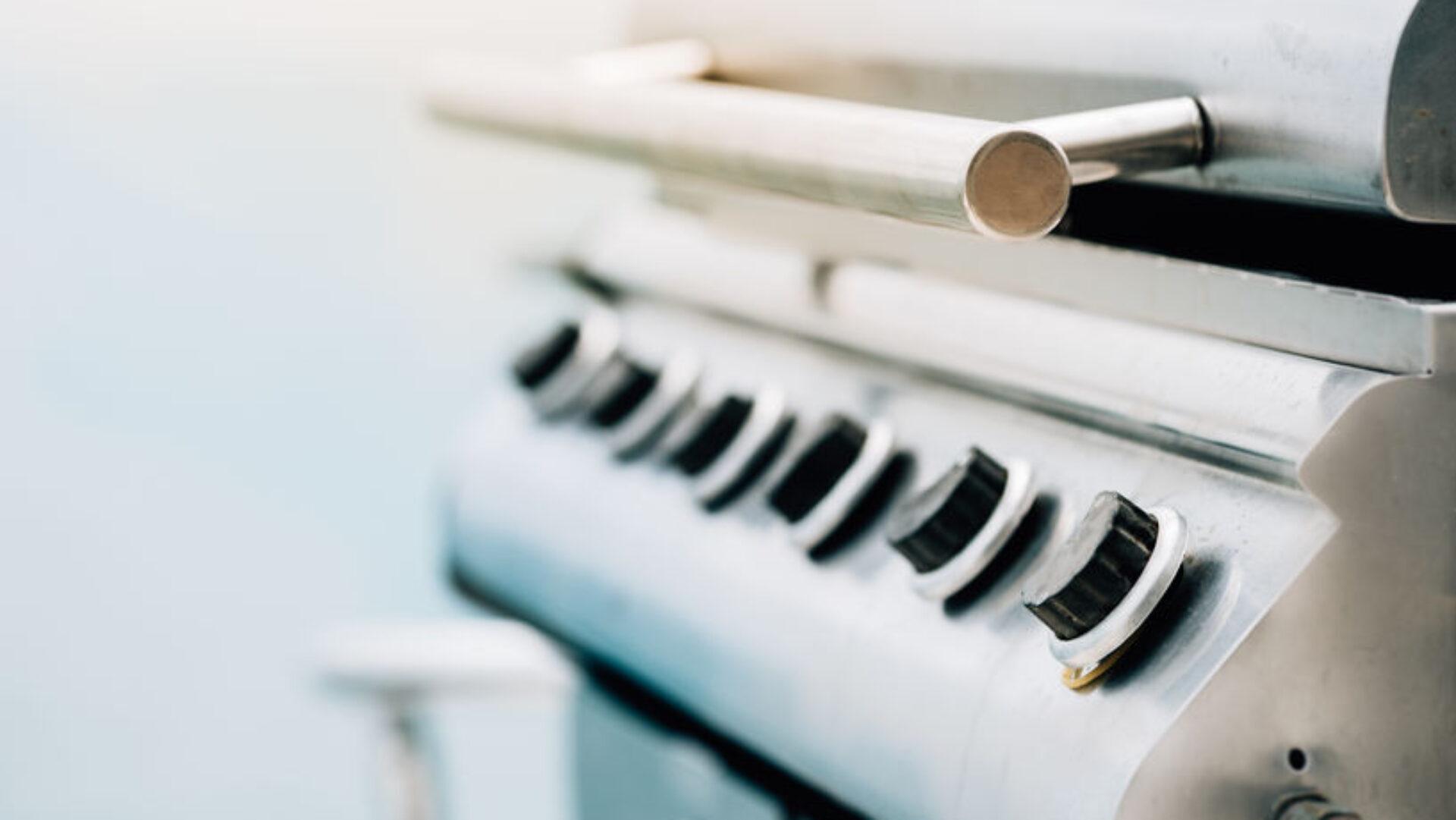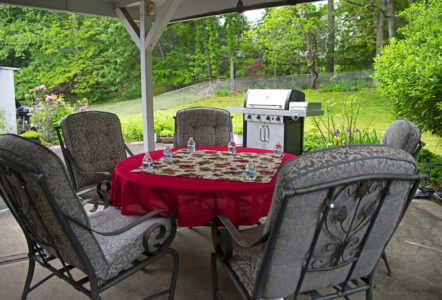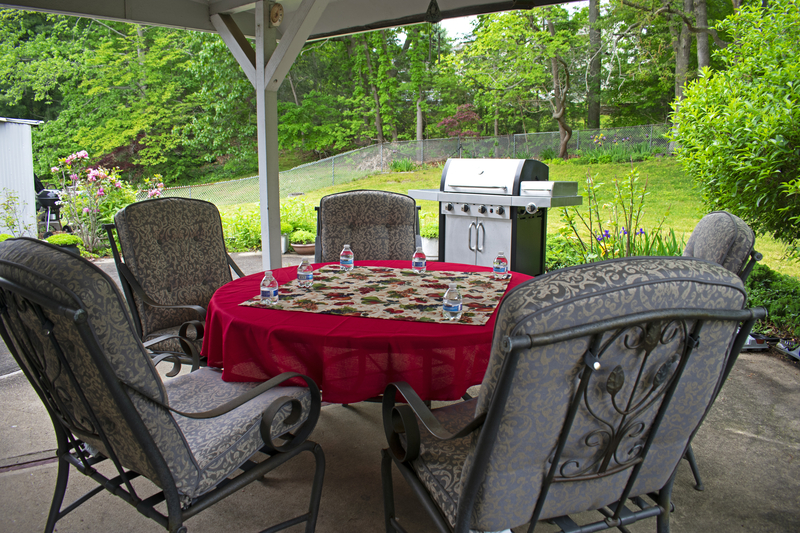 Gas grills are a staple in many backyards, providing a convenient way to enjoy outdoor cooking.
Gas grills are a staple in many backyards, providing a convenient way to enjoy outdoor cooking.
The average lifespan of a gas grill is about 5 to 15 years, depending largely on maintenance and quality.
Understanding what influences the longevity of a grill can be crucial for those wanting to make an informed purchase.
Several factors contribute to how long a gas grill lasts, including materials, frequency of use, and care routines.
Stainless steel models typically offer greater durability compared to those made with less sturdy materials.
Regular cleaning and protection from the elements can significantly enhance a grill’s longevity.
In addition to material and maintenance, other characteristics like features and brand reputation may also play a role.
High-end grills often come with longer warranties and premium parts, which generally extend their useful life.
This information can help individuals make informed decisions when investing in a gas grill.
Fundamentals of Gas Grill Lifespan
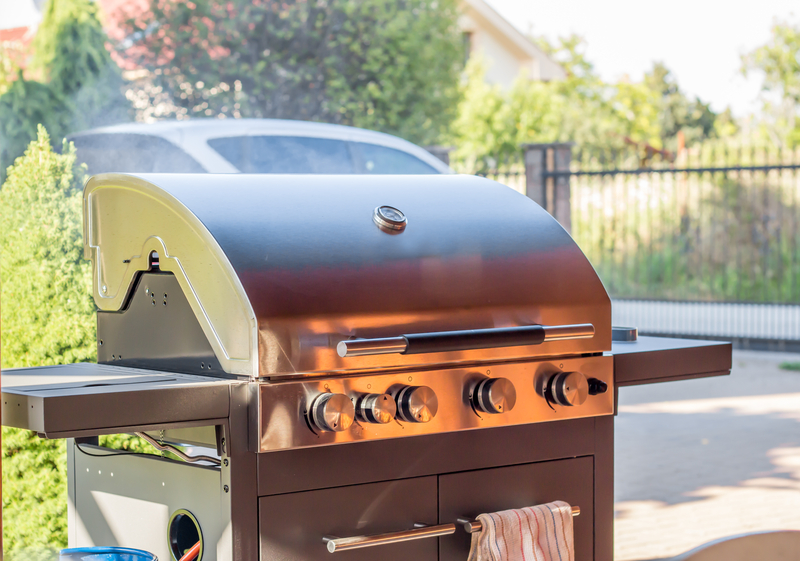
The lifespan of a gas grill is influenced by multiple factors, including material quality, maintenance routines, and environmental conditions.
Understanding these elements helps in making informed decisions about care and replacement.
Average Lifespan Overview
Gas grills generally last between 5 to 15 years.
The lifespan varies significantly based on factors such as brand, model, and usage frequency.
Entry-level grills with basic designs and materials tend to have shorter lifespans compared to high-end models.
Stainless steel and cast iron components often offer greater durability and longevity.
Regular maintenance, such as cleaning and covering the grill, plays a vital role in preserving its condition.
Keeping the grill shielded from harsh weather conditions also extends its usable life.
Factors Impacting Durability
Material quality is a primary factor in determining a grill’s longevity.
Stainless steel is praised for its resistance to rust, while porcelain-coated grates prevent sticking and enhance durability.
The build quality can dramatically affect how well a grill stands the test of time.
Proper maintenance is equally crucial.
Regular cleaning helps prevent corrosion, and routine inspections detect wear and tear early.
Environmental factors, such as exposure to harsh weather or salty air, can accelerate aging.
It is advisable to store the grill in a dry place or use a protective cover to minimize these effects.
Material and Construction
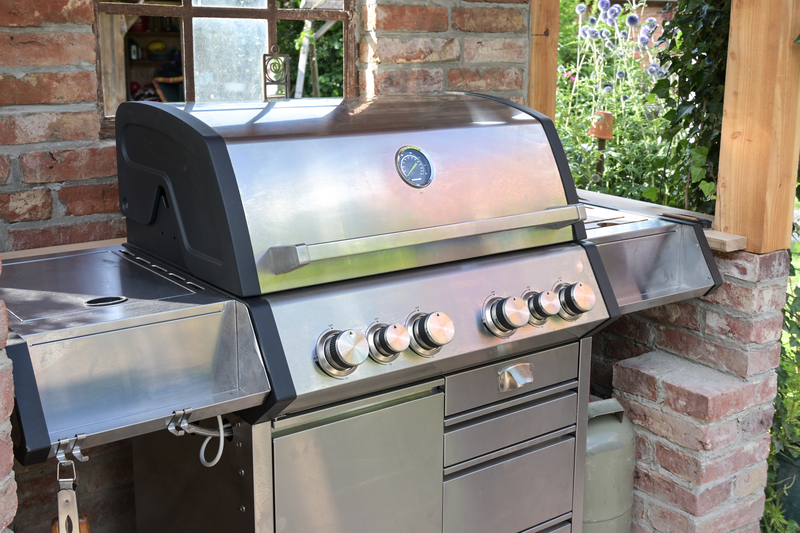
The lifespan of a gas grill can be significantly influenced by the materials used in its construction and the quality of its design and manufacturing.
Thoughtful choices in materials and design contribute to durability and performance.
Quality of Materials
The materials used in a gas grill’s construction greatly affect its longevity and performance.
Stainless steel, especially of high grades, is commonly favored for its resistance to rust and corrosion.
Cast iron grates, although prone to rust, are valued for their superior heat retention.
Meanwhile, porcelain-coated components offer a blend of durability and ease of cleaning.
Finally, aluminum casting is another robust choice, providing lightweight rust resistance.
When selecting a grill, one should consider the grade and type of materials, as high-quality materials generally indicate a longer lifespan.
Design and Manufacturing
A grill’s design and manufacturing quality also play crucial roles in its average lifespan.
Precision in design ensures even heat distribution, reducing uneven cooking and wear.
The welding and fastening methods used during manufacturing affect stability; solid, full-seam welds generally offer better durability compared to spot welding.
Manufacturing techniques that focus on producing fewer but higher-quality components tend to enhance the product’s overall strength.
Design features such as intuitive assembly and maintenance-friendly parts can also prolong the grill’s usable life by making repairs easier.
Attention to these aspects indicates a well-constructed grill that stands the test of time.
Maintenance and Care

Proper maintenance and care can significantly extend the lifespan of a gas grill.
Key practices include routine cleaning, regular inspections, and thoughtful seasonal storage.
These steps help maintain grill performance and assure safety.
Routine Cleaning
Keeping the grill clean ensures optimal performance.
It is important to clean the grates after each use by brushing off food particles and grease with a grill brush.
Soap and water can be effective for a deep cleaning every couple of months. Burner ports should be checked and cleared to prevent blockages.
Grill exteriors also need attention.
Wipe them down with a damp cloth and mild detergent to prevent any buildup.
Drip pans should be emptied and cleaned often to avoid grease fires.
Keeping these elements clean not only enhances performance but also extends the grill’s life.
Regular Inspections
Regular inspections identify wear and tear before they cause bigger problems.
Burners, for example, should be examined to ensure that ports are not clogged.
Checking hoses and connections for leaks keeps the grill safe from potential gas issues.
Valve checks are also critical. Look for loose or damaged components that may affect performance.
Critters can sometimes find their way into grills, so checking interior spaces can prevent unexpected disruptions.
Regular inspections are proactive steps in maintaining the grill’s efficiency and safety standards.
Seasonal Storage
Proper storage during off-seasons is vital.
Cleaning the grill thoroughly before storage prevents rust and corrosion.
It’s advisable to cover the grill with a breathable cover, especially if stored outdoors, to protect from weather elements.
Disconnect the propane tank and store it in a cool, safe environment.
If space allows, moving the grill to a dry, sheltered area like a garage can further safeguard it from damage.
Seasonal storage keeps the grill in top shape for future use, preventing early deterioration.
Usage Patterns
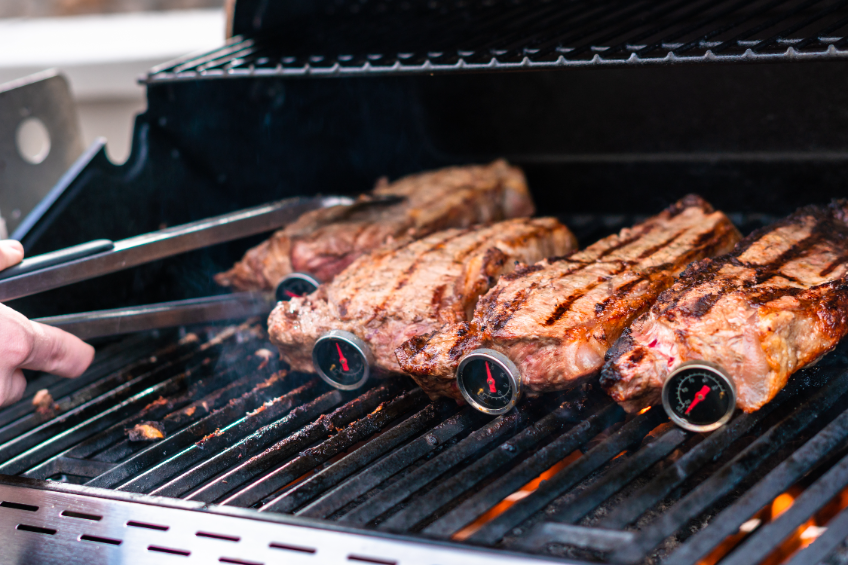
How often and how intensely a gas grill is used directly impacts its lifespan.
Regular maintenance and considerate usage contribute to extending the grill’s longevity.
Frequency of Use
The frequency with which a gas grill is utilized is a major factor determining its lifespan.
Grills used weekly throughout the year may show signs of wear quicker than those only brought out for seasonal gatherings.
Consistent use increases the chances of parts like burners, grates, and valves needing replacement over time.
Occasional use, on the other hand, can extend the life of the grill if coupled with regular upkeep and proper storage when not in use.
By observing a maintenance schedule and cleaning the grill after each use, owners can mitigate the effects of frequent usage and ensure continued performance.
Intensity of Use
The intensity of use refers to how a gas grill is used each time it is fired up.
High-heat cooking, while functional for specific recipes, can put additional strain on grill components, potentially leading to more frequent repairs.
Users who favor high-intensity grilling should be aware of increased wear.
Cooking larger quantities or utilizing multiple burners simultaneously can also contribute to a shorter service life.
Encouraging moderate heat settings and cycling burner use can decrease the risk of component failure.
Implementing such practices along with routine maintenance helps in maximizing the lifespan of the grill despite intensive use.
Environmental Influence
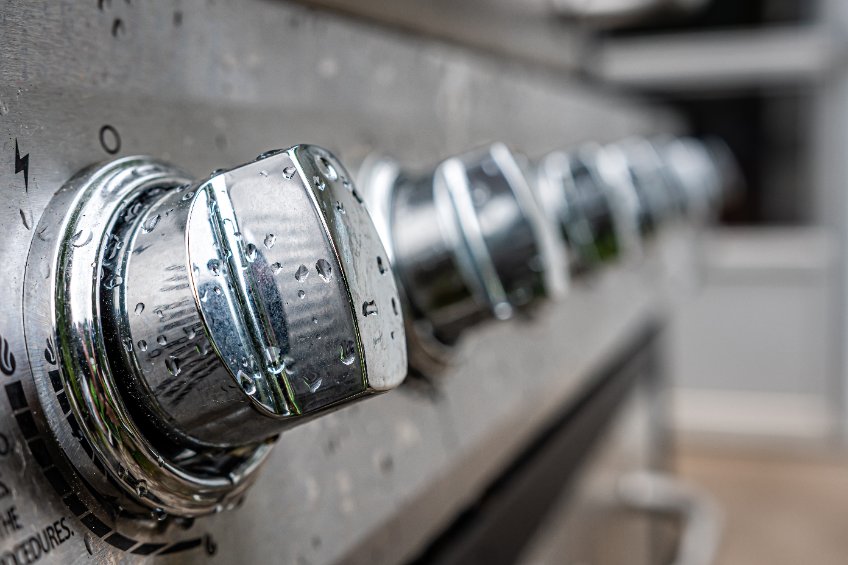
The average lifespan of a gas grill is significantly affected by environmental factors.
Climate conditions and physical location play pivotal roles in determining how long your grill will last.
Understanding these influences can help improve maintenance practices.
Climate and Weather Conditions
Weather significantly impacts gas grill longevity.
High humidity and frequent rain can lead to rust and corrosion, especially if the grill isn’t properly covered.
Cold climates pose risks, too, as frigid temperatures can cause certain materials to become brittle, affecting the structural integrity of the grill.
Conversely, excessive heat and sun exposure can wear down parts like the grill cover and paint, leading to premature wear and potential failures.
Those who live in areas with extreme weather should consider investing in weatherproof covers, such as this heavy-duty cover made from premium fade-resistant polyester fabric with a waterproof vinyl coating.
Additionally, regularly inspecting and cleaning the grill is essential to ensure it remains in good condition.
Wind also influences grill performance.
Strong gusts can damage components, especially if the grill is not securely positioned.
Regular checks for increased wear and tear due to the wind can help maintain your grill’s longevity.
Physical Location Factors
Where a grill is placed plays a critical role in its lifespan.
Grills located near the coast face threats from salt in the air, which speeds up corrosion.
Having a grill on a deck without adequate shelter can expose it to continuous environmental stressors, raising the potential for damage.
Positioning under trees can introduce natural debris, such as leaves and twigs, into the grill.
These elements can clog burners and vents, compromising performance.
Additionally, proximity to pools can contribute to humidity exposure, requiring vigilant maintenance efforts.
Proximity to other outdoor elements, like large plants or garden equipment, can create issues.
Ensuring that the area around the grill is clear and well-maintained helps minimize factors leading to damage and deterioration.
Regular cleaning, effective covers, and periodic relocation can mitigate these risks.
Repair and Replacement
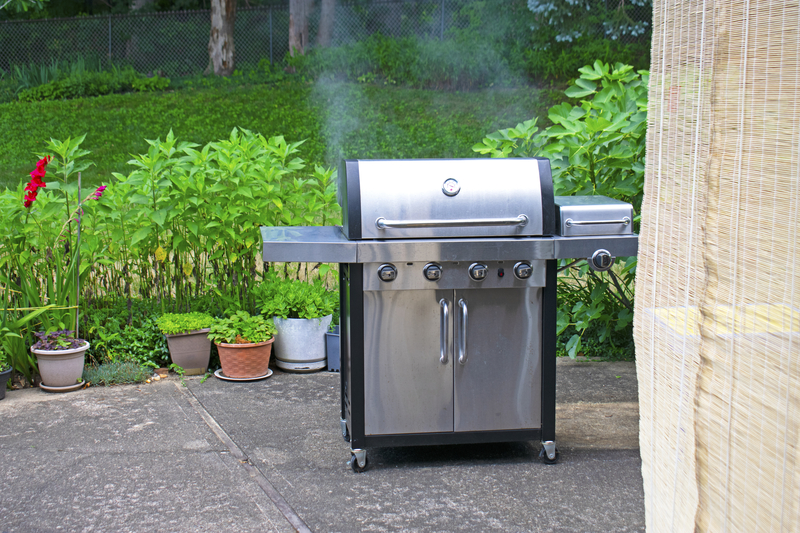
Gas grills often face wear and tear, making repair and replacement a necessary consideration for extending their lifespan.
Important factors include the availability of spare parts and the simplicity of the repair process, which greatly influence maintenance and longevity.
Availability of Spare Parts
The availability of spare parts is crucial for keeping a gas grill functional.
Manufacturers typically provide parts for popular models, offering access through both online platforms and physical stores.
Well-known brands generally ensure a steady supply of essential components like burners, grilling grates, and ignition modules.
Compatibility between different models within the same brand can also facilitate part replacement.
Local hardware stores sometimes carry universal parts that fit multiple gas grill brands, providing another resource for maintenance needs.
However, specialized components usually require purchasing from the manufacturer or authorized dealers to ensure quality and fit.
Certain brands offer warranty services that include replacement parts, which can be a cost-effective solution.
Understanding the terms of these warranties, and how they apply to part availability, can impact repair decisions.
Ease of Repair
Ease of repair plays a significant role in a consumer’s ability to maintain their gas grill.
Many grills come with user-friendly manuals that outline straightforward repair processes.
Tools required for standard repairs are typically basic, making home repair feasible for most owners.
Some manufacturers design their products with modular components, simplifying part replacement.
However, complex repairs may require professional assistance, particularly for high-end models with intricate features.
Regular maintenance practices such as cleaning burner tubes and checking fuel lines can prevent larger issues and extend the grill’s usability.
Keeping instructional materials handy can aid in diagnosing and addressing problems quickly and effectively.
Familiarity with the grill’s construction and functions further enhances repair efficiency.
Product Innovations
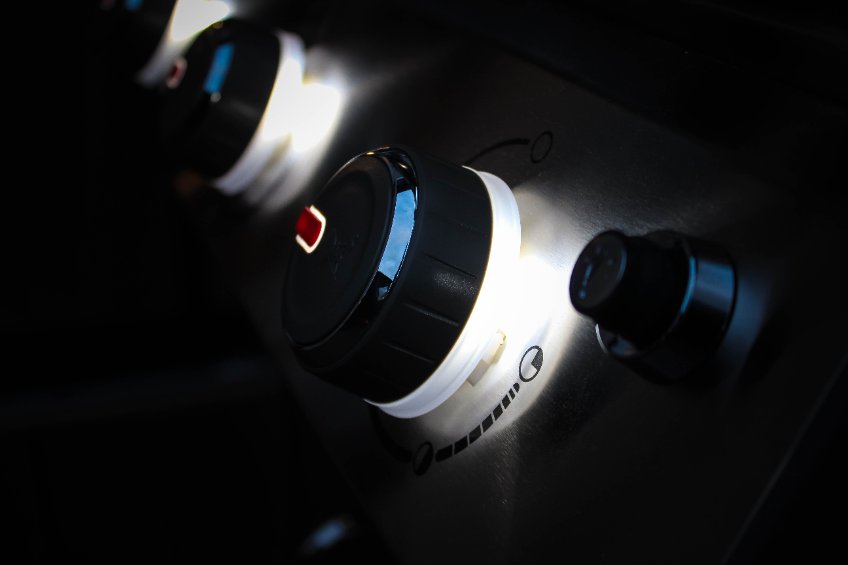
Recent innovations in gas grills focus on improved technology and user convenience.
Enhancements include smart grill systems and efficient heat distribution, which aim to elevate outdoor cooking experiences.
Technological Advancements
Modern gas grills feature smart grilling technology, integrating Wi-Fi and Bluetooth capabilities.
These allow users to monitor and control cooking remotely through smartphone apps, ensuring precise temperature management.
Additionally, infrared burners have gained popularity.
They provide even heat distribution and reduce flare-ups, cooking food evenly and efficiently.
This innovation not only enhances cooking performance but also extends the grill’s lifespan by reducing wear and tear.
Materials used in construction have also evolved.
High-quality stainless steel and porcelain-coated components resist rust and corrosion, contributing to a longer-lasting grill.
These advancements offer both reliability and a more enjoyable grilling experience.
Brand and Manufacturer
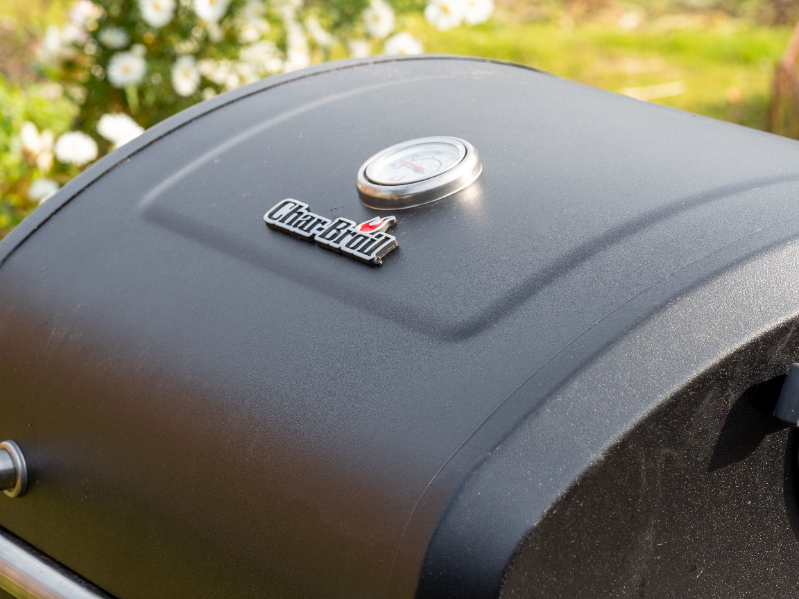 The brand and manufacturer of a gas grill can significantly impact its lifespan and performance.
The brand and manufacturer of a gas grill can significantly impact its lifespan and performance.
From reputation and reviews to warranty and customer service, each plays a vital role in determining the overall quality and reliability of the grill.
Reputation and Reviews
When it comes to choosing a gas grill, brands with a strong reputation are often more reliable.
Weber, Broil King, and Napoleon are among those frequently praised for durability and performance.
Consistently positive reviews indicate customer satisfaction and long-lasting performance. Negative reviews may highlight recurring issues.
Potential buyers should pay attention to trends in reviews to identify common problems or stand-out features with a particular brand or model.
Warranty and Customer Service
Warranty services provided by the manufacturer are crucial in determining a grill’s expected lifespan.
These warranties can range from a few years to a lifetime, covering various components such as burners, grates, and ignition systems.
Weber and Char-Broil often offer comprehensive warranties, underscoring their commitment to quality.
Customer service is another essential factor. Responsive and helpful support can ease the process of addressing issues.
Brands with excellent customer service typically provide prompt responses, hassle-free replacements, and detailed support, enhancing the owning experience and ensuring long-term satisfaction.
Influence on Lifespan
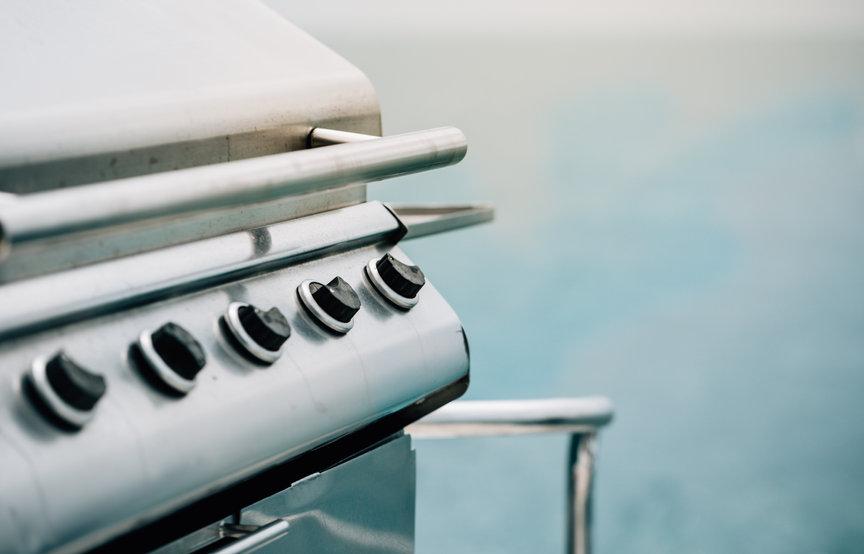
Quality of Materials
A gas grill’s lifespan largely depends on the quality of materials used in its construction.
Stainless steel offers excellent resistance to rust and corrosion, enhancing durability.
Cast iron and aluminum provide robust alternatives, though cast iron requires more maintenance to prevent rusting.
Frequency of Use
Frequent usage can accelerate wear and tear.
Regular use, such as multiple times a week, may reduce the lifespan compared to occasional grilling.
Consistent exposure to high heat can lead to quicker deterioration of components.
Maintenance Practices
Proper maintenance, including routine cleaning and protective measures, extends a gas grill’s life significantly.
Covering the grill when not in use and regular inspection for rust or damage can help maintain its condition longer.
Storage Conditions
Storing a gas grill in a sheltered area, away from rain and snow, protects it from the elements.
Extreme weather conditions can lead to rust and damage, shortening its usable life.
Indoor storage during harsh winter months is ideal.
Brand and Model
Different brands and models offer varying lifespans, often reflecting the materials and craftsmanship involved.
Researching reliable brands known for durability can lead to a longer-lasting investment.
Our Recommendation for the Most Durable Gas Grill
![]()
 When it comes to durability and long-lasting performance, the Weber Genesis E-325S Gas Grill stands out as one of the best choices on the market.
When it comes to durability and long-lasting performance, the Weber Genesis E-325S Gas Grill stands out as one of the best choices on the market.
Known for its robust construction and innovative features, this grill is designed to deliver years of reliable service.
Here’s why we recommend it and why the Weber Genesis E-325S is built to last:
- Premium Materials
The Weber Genesis E-325S is made with high-quality stainless steel, ensuring superior resistance to rust and corrosion. Its porcelain-enamelled cast-iron cooking grates retain heat efficiently, providing excellent cooking results every time. - Superior Heat Distribution
This grill features powerful burners that deliver even heat across the entire cooking surface, preventing hot spots and ensuring your food is cooked perfectly. - Built for Outdoor Conditions
With its heavy-duty construction and rust-resistant components, the Genesis E-325S is built to withstand the elements, whether it’s rain, snow, or intense sunlight. - Durable and Replaceable Parts
The modular design of the grill allows for easy replacement of parts like burners and grates, ensuring you can maintain its performance over the years. - Comprehensive Warranty
The Weber Genesis E-325S comes with a generous 10-year warranty, providing peace of mind that you’re investing in a grill designed to last.
It’s Ideal For
This grill is perfect for serious grillers who want an appliance that can handle frequent use.
Whether you’re hosting family cookouts or grilling for a crowd, the Weber Genesis E-325S offers the durability and performance to meet all your needs.
The Weber Genesis E-325S Gas Grill offers unmatched durability and performance, making it the ideal investment for anyone looking for a long-lasting grill.
Bottom Line – What Is the Average Lifespan of a Gas Grill?

The average lifespan of a gas grill typically ranges from 5 to 15 years, depending on factors such as the brand, quality of materials, frequency of use, and maintenance practices.
High-quality grills made of durable materials like stainless steel tend to last longer, while cheaper models with inferior components may require replacement sooner.
Regular cleaning, proper storage, and timely replacement of worn parts can significantly extend the life of a gas grill.
Ultimately, investing in a good-quality grill and maintaining it well will ensure you get the most value and enjoyment out of your purchase.
